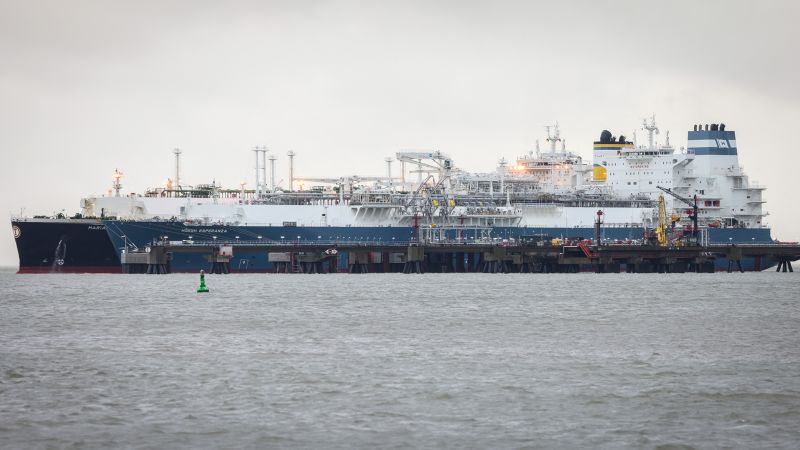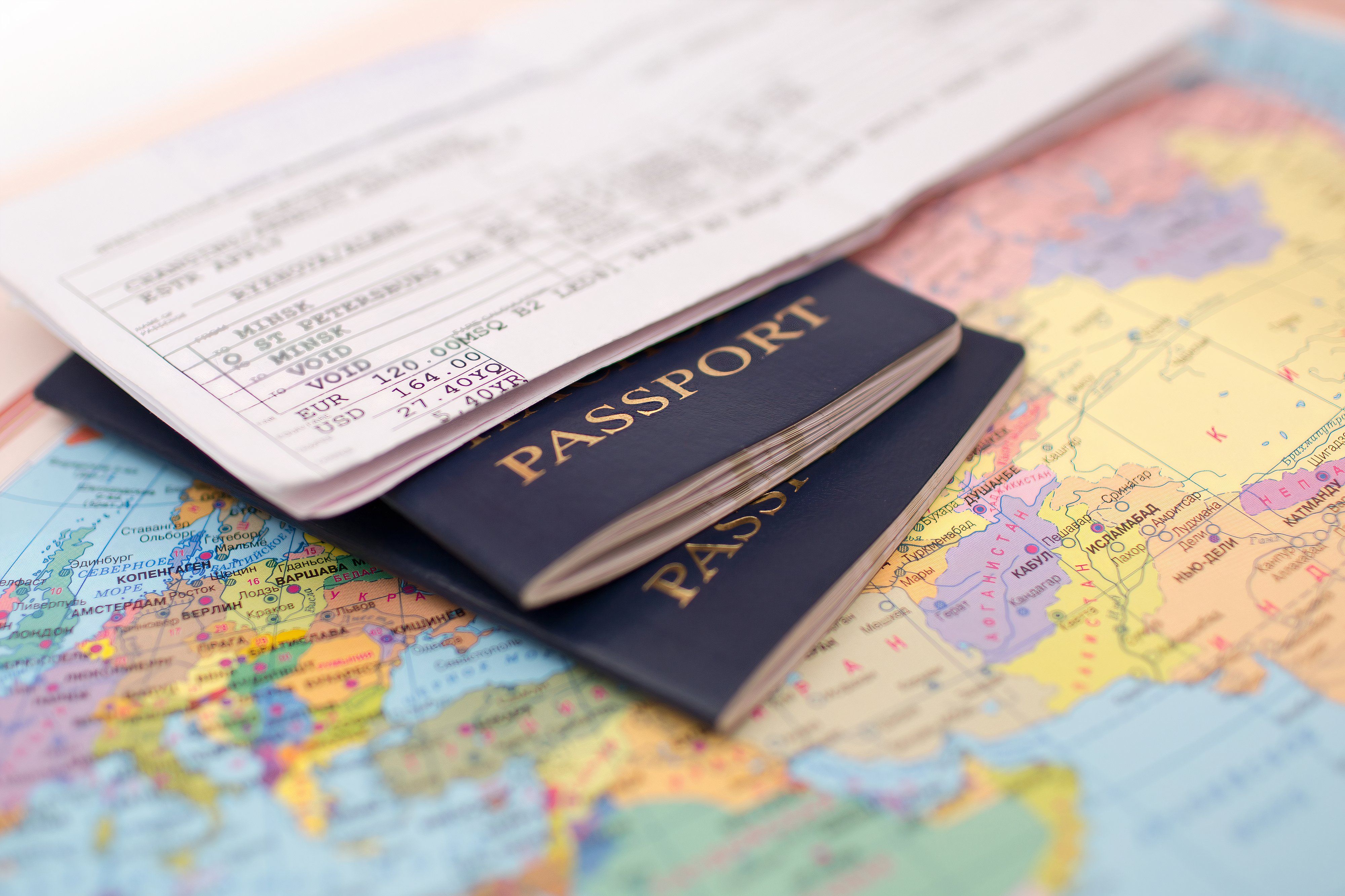World
Floods threaten new areas in Central Europe and Italy

A massive flood wave moving across Central Europe threatened new areas after claiming 24 lives, raising concerns among residents and officials and prompting European Union chief Ursula von der Leyen to plan a visit to the region Thursday.
Heavy rains also caused flooding and evacuation of some 1,000 people in the northern Italian region of Emilia-Romagna. In Central Europe, the receding waters revealed the scale of the destruction caused by exceptionally heavy rains that began a week ago.
Czech Interior Minister Vit Rakusan said one more person was reported killed on Thursday in the country’s hard-hit northeast, bringing the death toll there to five. There were also seven deaths each in Poland and Romania, and five in Austria — with the overall death toll in the affected countries now at 24.
Authorities deployed troops to help. In the northeastern Czech Republic, soldiers joined firefighters and other emergency crews to help with cleanup and recovery efforts. Army helicopters distributed humanitarian aid while soldiers were building temporary bridges in place of those swept away by floodwaters.
Some 400 people remained in evacuation centers in the regional capital of Ostrava, unable to return home. In the southwest, near the border with Austria, the Luznice River reached an extreme level, but evacuation of 1,000 people in the town of Veseli nad Luznici was not necessary for the moment, officials said.
In Hungary, floodwaters continued to rise Thursday as authorities closed roads and rail stations. Ferries along the Danube River halted. In the capital, Budapest, water spilled over the city’s lower quays and threatened to reach tram and metro lines. Some transport services were suspended.
Further upriver, in a region known as the Danube Bend, homes and restaurants near the riverbanks were inundated as officials and volunteers continued to place sandbags to reinforce levees.
Nearly 6,000 personnel, including members of Hungary’s water authority and military, were mobilized, Prime Minister Viktor Orbán said at a news conference Thursday morning. Inmates from prisons were also mobilized to help fill sandbags, Orbán said.
The Danube rose and by Thursday morning stood at 25.3 feet, approaching the 29.2-foot record set during major flooding in 2013.
In southwestern Poland, the high waters reached the city of Wroclaw and the crest was expected to take many hours, even days, to pass, exerting pressure on the embankments.
The water level on the Oder River just upstream from Wroclaw was 21 feet, some 6.5 feet above alarm levels but still significantly lower compared to the disastrous flooding in 1997.
In two heavily affected towns — Stronie Slaskie and Ladek-Zdroj — tap water and power were restored, said Gen. Michal Kamieniecki, who was put in charge of the recovery operations there after an emotional appeal to Prime Minister Donald Tusk for help the day before by a young woman identified only as Katarzyna.
As concerns mounted, Tusk invited von der Leyen to Wroclaw to see the situation firsthand. Government leaders from the Czech Republic, Slovakia and Austria were also to be part of the visit on Thursday.
In Italy, about a thousand residents were evacuated in Emilia-Romagna after it was hit by torrential rains and severe flooding overnight, authorities said Thursday.
Rivers flooded in three of the region’s provinces — Ravenna, Bologna and Forlì-Cesena — as local mayors asked people to stay on the upper floors or leave their houses. Those areas had been already hit by devastating floods in May 2023, when more than 20 rivers overflowed, killing 17 people and causing billions of euros in damages.
Italy’s vice minister for transport and infrastructure, Galeazzo Bignami, said at a news conference Thursday that two people were reported missing in Bagnocavallo in Ravenna province.
At least 800 residents in Ravenna and almost 200 in Bologna province spent the night in shelters set up at schools and sports centers as local rivers overflowed.
Train service was suspended and schools closed while residents have been advised to avoid travel and work from home where possible.
Scislowska writes for the Associated Press. AP writers Justin Spike in Budapest, Hungary; Karel Janicek in Prague; and Giada Zampano in Rome contributed to this report.










